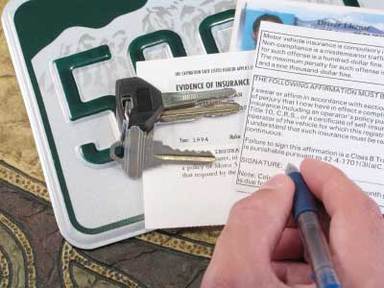
In a similar way, you do not own something that is not yours. If it does not have your name on it, you did not purchase it, produce it, raise it or been given it - then it is not yours to own. You own the things that are yours and do not own the things that are not yours. Simple as that.
You own your behavior because you produced it and are responsible for your behavior. You own your actions, decisions, and feelings because they originated from you. Now here is where it gets tricky: you do not own the behavior, actions, decision or feelings of others. They own them. It is tricky because your actions can create feelings in those around you, yet you cannot own them because they are not yours.
You may own that your cheerful attitude has brought laughter into the workplace, but you are not the owner of the cheerfulness of others.
The greatest challenge of not owning what is not yours is when it comes to the unhappiness of others. Sometimes a leadership decision you make is the right thing to do, but it is difficult for the individual, department or team. Cutbacks, reduced hours, layoffs, higher standards or tighter control measures bring challenges because they are painful and very difficult. People are upset and angry and you are tempted to own their unhappiness by carrying the weight of their frustration.
So what can you do?
1. Own what you own.
2. Do not own what you do not own.
How?
1. Own your actions, behavior and attitudes. They are contagious and spread. What are you spreading in you home, neighborhood, school, workplace and community?
2. You can emphasize, sympathize and support those around you, but realize that they own their actions, behaviors and attitudes.
Galations 6:4-5
4 Each one should test their own actions. Then they can take pride in themselves alone, without comparing themselves to someone else, 5 for each one should carry their own load.
 RSS Feed
RSS Feed
